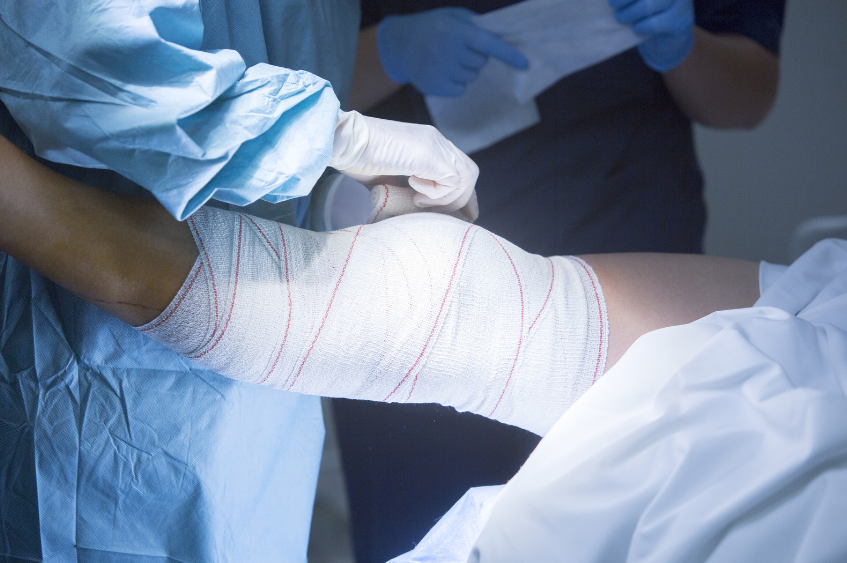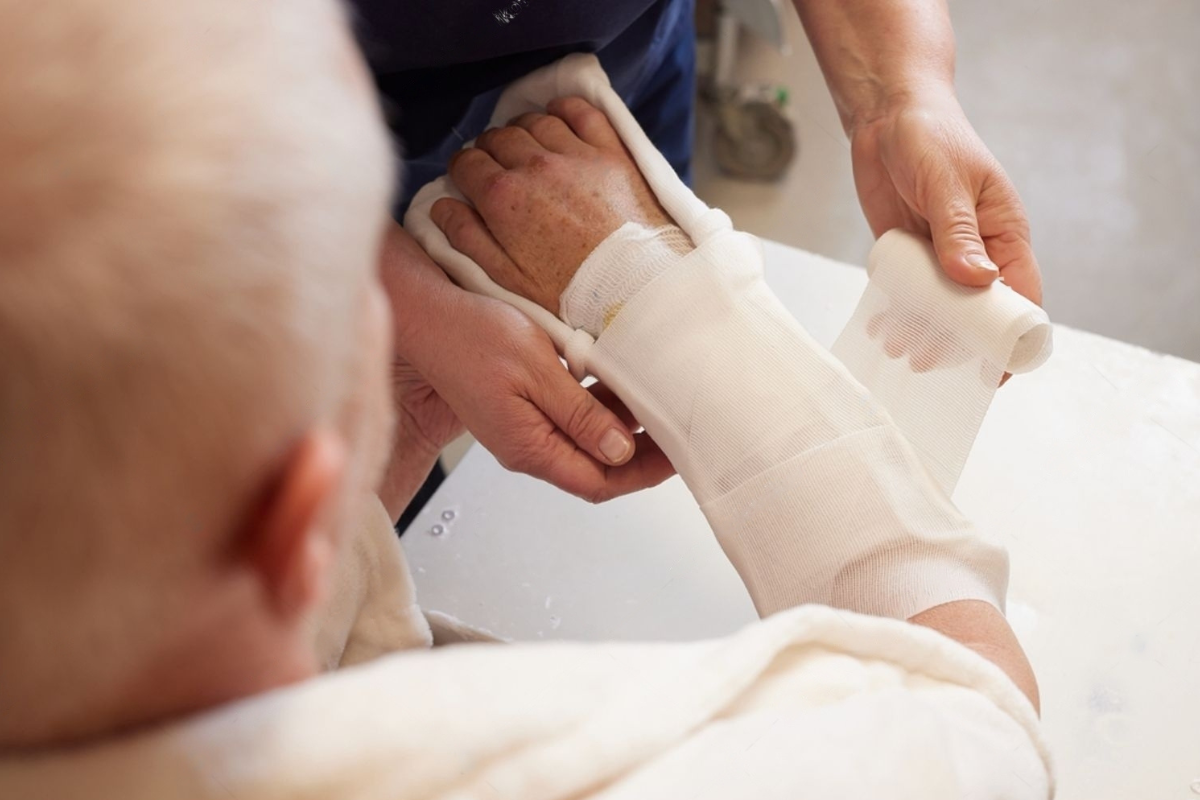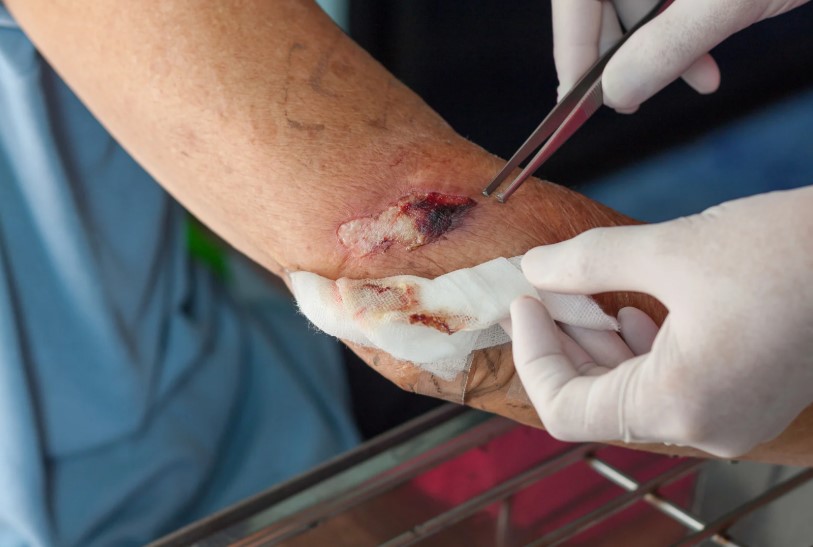Sports injuries, particularly those affecting the knees, have become increasingly prevalent among athletes of all levels. Understanding the profound impact of these injuries on long-term knee health is crucial. Whether it’s an ACL tear, meniscus injury, or patellar tendonitis, these conditions often necessitate extensive treatment, including knee surgery.
Understanding Common Sports-Related Knee Injuries
One of the most feared injuries in sports, an ACL tear, can abruptly halt an athlete’s career. Characterized by a sudden twisting motion, ACL tears are prevalent in sports like soccer and basketball. Symptoms such as swelling and instability often indicate the need for knee surgery to restore stability and prevent further damage.
Meniscus tears, another common occurrence in sports, result from sudden twisting or direct impact. Athletes frequently experience pain, swelling, and limited range of motion following such injuries. Depending on the tear’s severity and location, surgical intervention may be necessary to repair or trim the damaged meniscus, facilitating quicker recovery and preventing long-term complications like arthritis.
Patellar tendonitis, known as Jumper’s Knee, affects athletes involved in repetitive jumping or running activities. Overuse leads to inflammation and degeneration of the patellar tendon, causing significant pain and stiffness in the knee joint. In severe cases where conservative treatments fail, knee surgery becomes imperative to alleviate symptoms and restore normal tendon function.
The Long-Term Effects of Untreated Knee Injuries
Ignoring sports-related knee injuries can lead to debilitating consequences, such as degenerative joint disease. The trauma sustained during injury accelerates joint wear and tear, increasing the risk of developing arthritis later in life. Chronic pain and reduced mobility are common outcomes for athletes who postpone necessary knee surgery, impacting their daily lives and athletic performance.
Indications for Knee Surgery Following Sports Injuries
Determining the need for knee surgery post-injury involves assessing various factors, including the injury’s severity, the athlete’s age, and their activity level. ACL tears often require surgical reconstruction to restore knee stability and prevent recurrent instability, essential for athletes returning to competitive sports. Similarly, meniscus tears may necessitate surgical repair or removal to facilitate optimal healing and prevent long-term joint damage.
Recovery and rehabilitation following knee surgery are critical phases in an athlete’s journey back to full activity. Physical therapy plays a pivotal role in restoring knee function, strength, and range of motion. Customized rehabilitation programs tailored to individual needs aid in minimizing recovery time and enhancing post-surgery outcomes, ensuring athletes regain confidence in their knee’s performance.
Preventative Measures and Rehabilitation Techniques
Preventing sports-related knee injuries involves implementing effective strategies such as proper warm-up routines, strengthening exercises, and using appropriate protective gear. Athletes can mitigate injury risks by improving flexibility and adopting proper landing and cutting techniques during sports activities. Additionally, adhering to comprehensive rehabilitation protocols post-injury is essential in preventing re-injury and optimizing knee function.
Return-to-sport guidelines emphasize a gradual progression back to competitive activities following knee surgery. Orthopedic surgeons and sports medicine specialists collaborate closely to ensure athletes meet specific milestones in their recovery journey. Advanced surgical techniques, coupled with evidence-based rehabilitation practices, contribute to successful outcomes, enabling athletes to resume their athletic pursuits with confidence.
The Role of Orthopedic Surgeons and Sports Medicine Specialists
Choosing the right specialist is paramount for athletes considering knee surgery. Orthopedic surgeons specializing in sports medicine possess expertise in diagnosing and treating complex knee injuries. They utilize state-of-the-art surgical techniques, such as arthroscopic surgery, to minimize tissue damage and expedite recovery. Patient success stories underscore the transformative impact of knee surgery, highlighting restored mobility and improved quality of life for athletes.
Takeaway
Sports injuries can have profound implications on an athlete’s knee health, often necessitating surgical intervention to restore function and alleviate pain. By understanding the common types of knee injuries, the indications for surgery, and the importance of rehabilitation, athletes can make informed decisions regarding their treatment options. Seeking timely medical care from experienced orthopedic surgeons and sports medicine specialists ensures comprehensive care and optimal recovery post-surgery.






